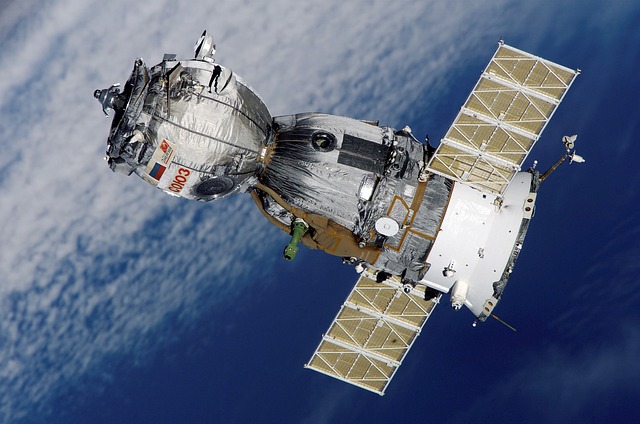In recent years, the exploration of the intersection between science and modern philosophy has revealed a rich tapestry of ideas and insights, particularly through the lens of what is termed the hermeneutic space. This term, rooted in the tradition of hermeneutics—the art and science of interpretation—captures the essence of our quest to make sense of complex phenomena, whether they lie within the realm of physical science or abstract philosophical inquiry.
The modern world is characterized by rapid advancements in scientific knowledge, pushing the boundaries of what we understand about the universe. Quantum physics, for example, has introduced ideas that challenge our conventional perceptions of reality, forcing philosophers to reconsider long-held beliefs about causality, time, and existence. Within this hermeneutic space, where science meets philosophy, we find ourselves questioning not only the nature of the universe but also our own place within it.
This dialogue between science and philosophy offers immense opportunities for enrichment. When scientists and philosophers engage with each other’s work, they create a dynamic environment ripe for innovation and deeper understanding. The hermeneutic space acts as a bridge, allowing them to navigate the complexities arising from the methodologies and epistemologies that define each discipline. For instance, the philosophical implications of theories in cosmology compel us to reflect on existential questions that have inspired human thought for centuries.
Modern philosophy, particularly in the wake of post-structuralism, encourages the examination of how interpretation shapes our reality. This resonates strongly within the hermeneutic space, where the subjective nature of human experience plays a central role. Our interpretations of scientific findings are not merely objective summaries; they are infused with cultural, emotional, and historical nuances. This recognition leads to a greater appreciation of the interconnectedness of knowledge and the narratives we construct around it.
In this hermeneutic space, we confront the limitations of reductive scientific paradigms and explore holistic approaches that embrace uncertainty and complexity. This perspective does not signal a retreat from scientific rigor; rather, it advocates for a more integrative understanding of the world. As we grapple with the ethical implications of scientific advancements—be it in genetic engineering, artificial intelligence, or environmental concerns—philosophy offers a crucial framework for evaluating the human dimension of these developments.
The dialogue between science and modern philosophy within the hermeneutic space empowers us to reflect on our values as a society. It challenges us to ask profound questions: How do scientific advancements align with our ethical standards? What responsibilities do we have as stewards of knowledge? The answers may not always be clear-cut, but the process of inquiry is invaluable as it encourages critical thinking and the exploration of diverse perspectives.
As we delve deeper into this hermeneutic space, it becomes evident that the intersection of science and modern philosophy not only enhances our understanding of fundamental truths but also enriches our lived experiences. It invites us to embrace the complexity of our world and to acknowledge the myriad interpretations that coexist within the expanding horizons of human knowledge. By exploring this fertile ground, we open ourselves to new ways of thinking and being, ultimately cultivating a more profound relationship with both science and philosophy.




